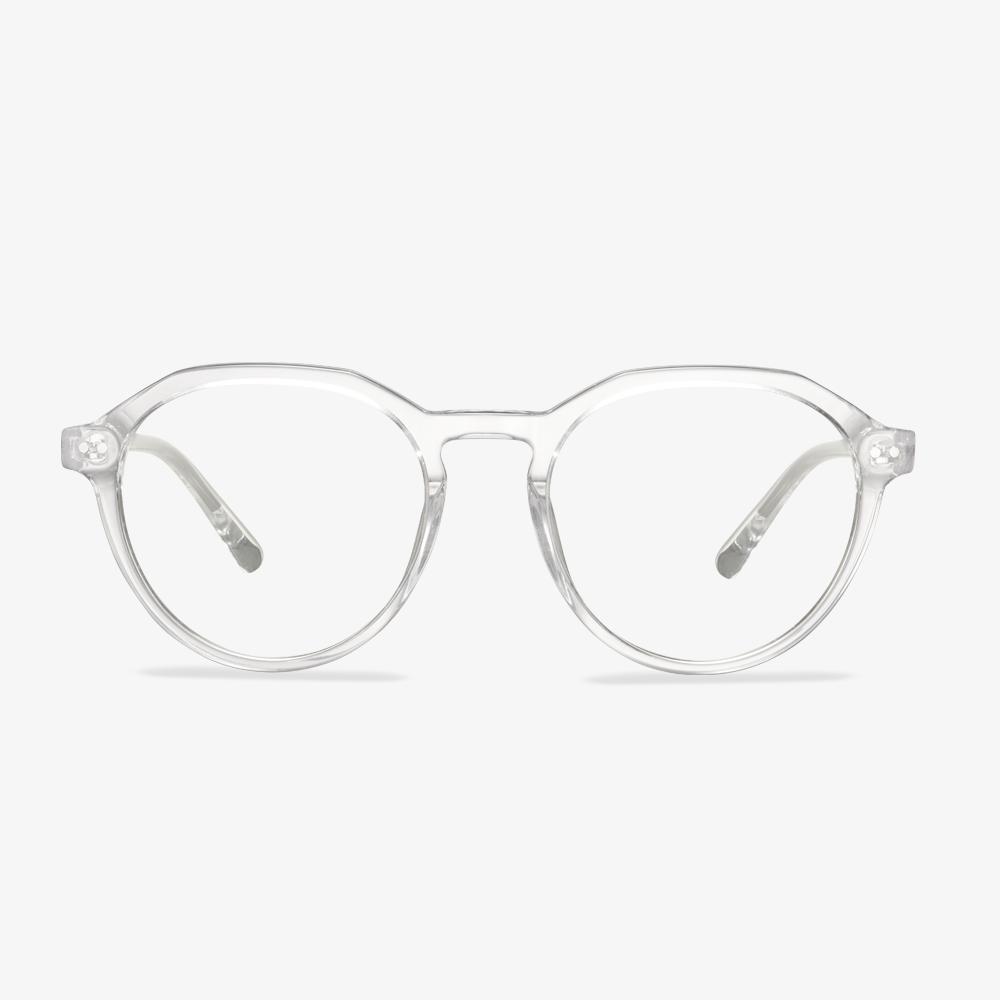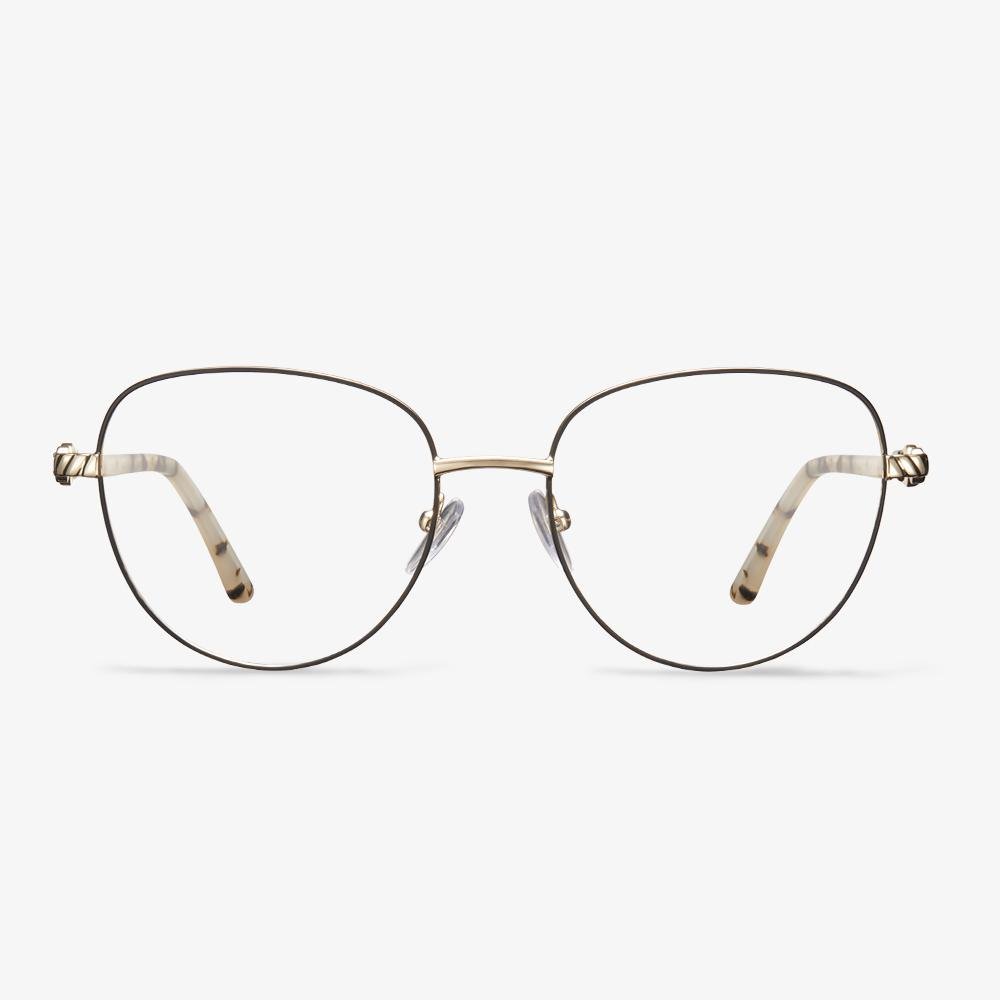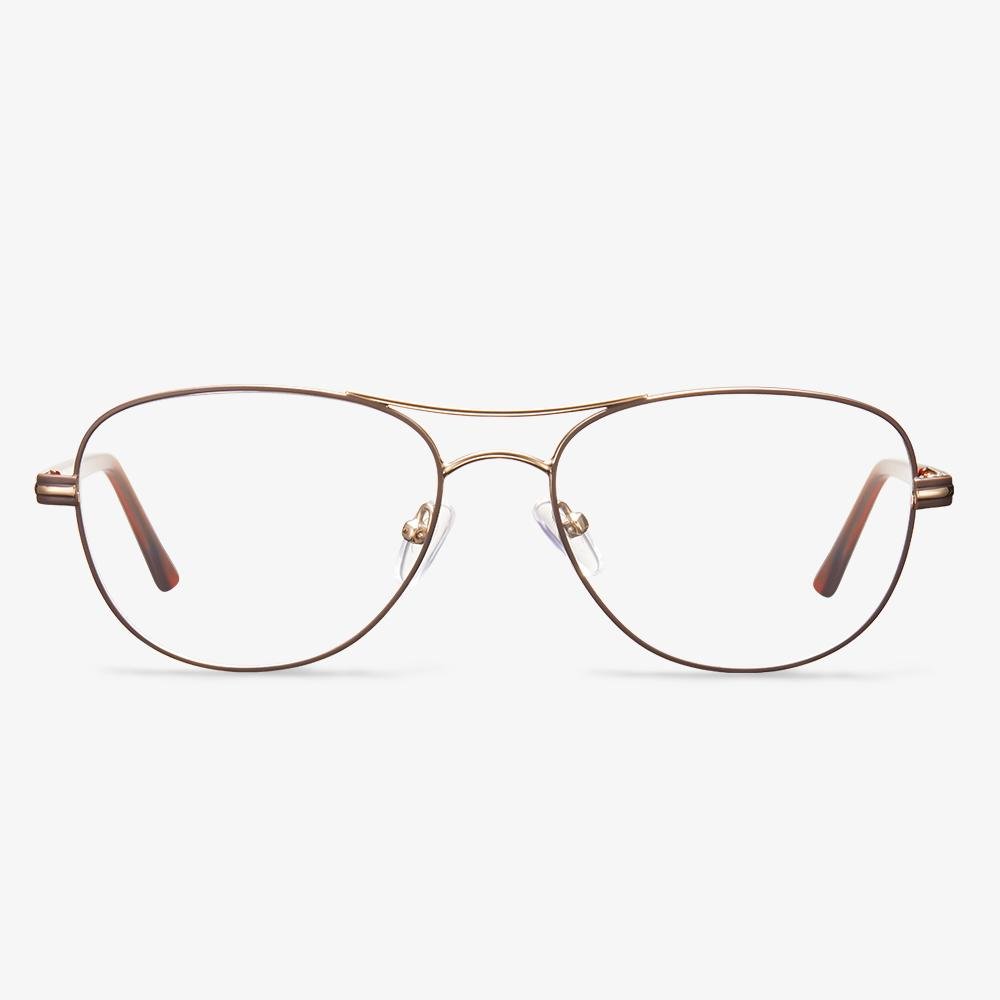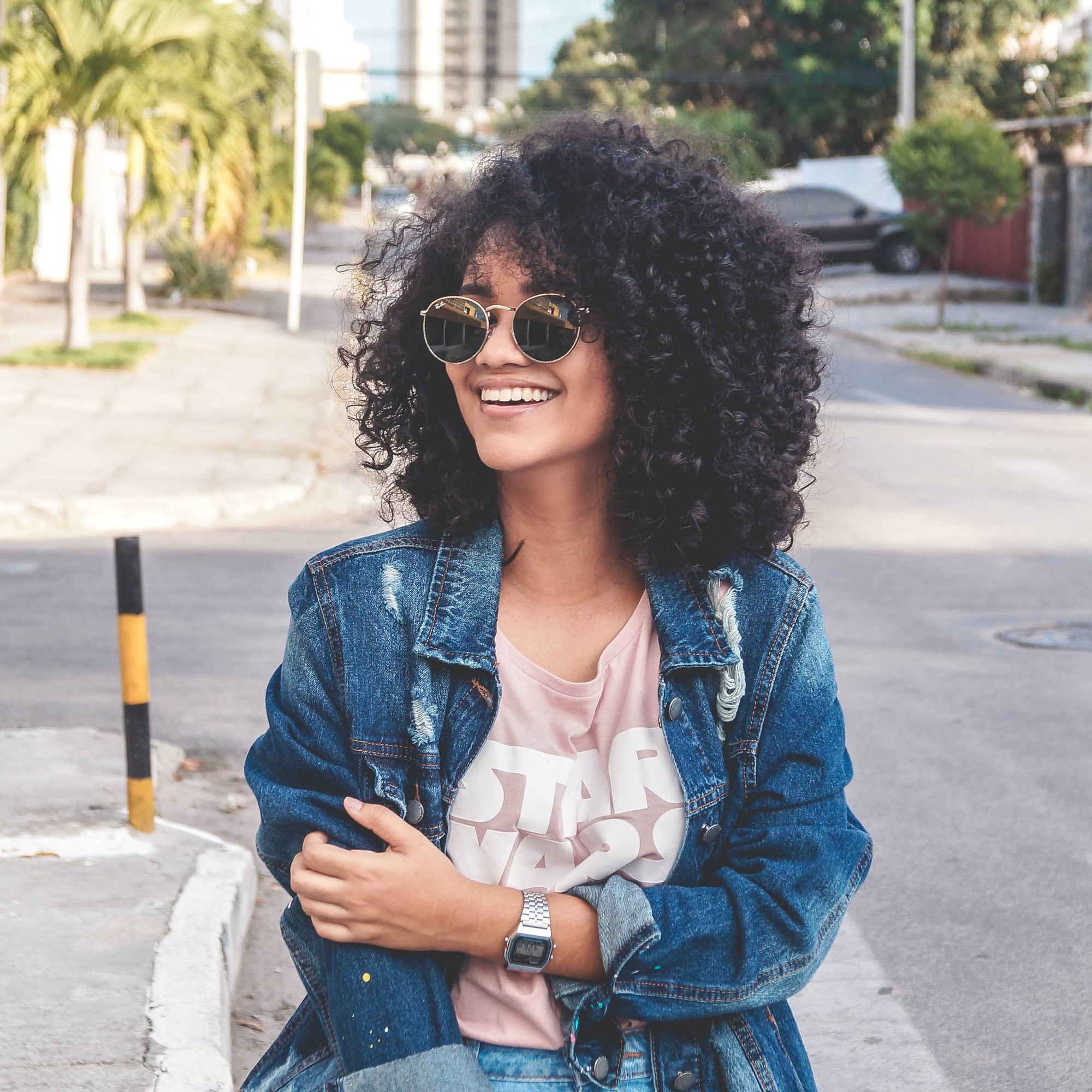Blue light blocking glasses have become increasingly popular in recent years due to the widely use of digital devices. These glasses are designed to filter or block blue light, which is emitted by electronic screens such as smartphones, tablets, and computers.
Blue light has been linked to various health issues, including eye strain, disrupted sleep patterns, and even potential long-term damage to the retina. By wearing blue light blocking glasses, individuals can reduce their exposure to this harmful light and potentially alleviate these problems.
The way blue light blocking glasses work is by incorporating special lenses that have a yellow or amber tint. These lenses are designed to selectively filter out blue light while allowing other wavelengths of light to pass through. This helps to reduce the amount of blue light that reaches the eyes, thus minimizing its potential negative effects.
In addition to protecting the eyes, blue light blocking glasses can also have a positive impact on sleep quality. Exposure to blue light in the evening can suppress the production of melatonin, a hormone that regulates sleep. By wearing these glasses in the evening, individuals can limit their exposure to blue light and promote better sleep.
Blue light blocking glasses can potentially help people with insomnia sleep better at night, but their effectiveness can vary based on individual factors and the specific circumstances.
Blue light emitted by electronic devices such as smartphones, tablets, computers, and LED lighting can interfere with the body's natural production of melatonin, a hormone that regulates sleep-wake cycles. Exposure to blue light, especially in the evening or before bedtime, can suppress melatonin production and make it harder to fall asleep.
Blue light blocking glasses are designed to filter out or reduce the amount of blue light entering your eyes. By wearing these glasses, especially in the hours leading up to bedtime, you can potentially reduce the impact of blue light on your sleep.
Blue light blocking glasses can potentially help people with insomnia sleep better at night, but their effectiveness can vary based on individual factors and the specific circumstances.
Blue light emitted by electronic devices such as smartphones, tablets, computers, and LED lighting can interfere with the body's natural production of melatonin, a hormone that regulates sleep-wake cycles. Exposure to blue light, especially in the evening or before bedtime, can suppress melatonin production and make it harder to fall asleep.
Blue light blocking glasses are designed to filter out or reduce the amount of blue light entering your eyes. By wearing these glasses, especially in the hours leading up to bedtime, you can potentially reduce the impact of blue light on your sleep.
However, it's important to note the following:
Consistency: For blue light blocking glasses to be effective, you need to consistently wear them during the evening hours when you're exposed to screens and artificial lighting. Using them occasionally might not yield significant results.
Other Factors: While blue light exposure can play a role in sleep disruption, it's just one piece of the puzzle. Other factors, such as overall sleep hygiene, bedtime routines, and stress levels, also contribute to insomnia. Blue light blocking glasses may not completely resolve sleep issues if other factors are not addressed.
Individual Variability: People respond differently to blue light exposure. Some individuals might be more sensitive to it than others. If you're particularly sensitive to blue light, wearing these glasses could potentially make a noticeable difference.
Time Before Bed: It's recommended to limit exposure to screens and bright lights at least an hour or more before bedtime to allow your body to naturally wind down and prepare for sleep. Blue light blocking glasses can be a part of this routine.
In summary, blue light blocking glasses can be a helpful tool in managing sleep disruptions caused by blue light exposure, especially for those with insomnia. However, they are most effective when combined with other sleep-promoting strategies, such as maintaining a consistent sleep schedule, creating a relaxing bedtime routine, and ensuring a comfortable sleep environment. If you're struggling with insomnia, it's also a good idea to consult a healthcare professional for personalized advice and recommendations.






































